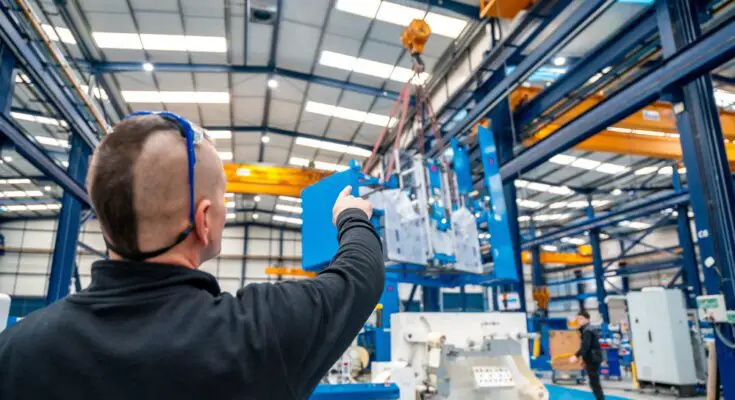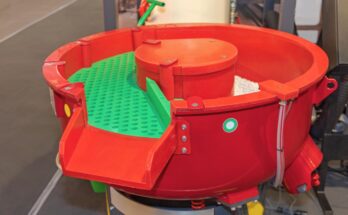Relocating your facility can be an exciting step toward growth and new opportunities. However, it often comes with challenges and delays. Understanding the common causes of delays during facility relocations ahead of time can save you time, money, and a lot of stress. Let’s explore the top reasons why moving timelines can spiral out of control and how you can avoid them.
Underestimating the Complexity of IT Infrastructure Relocation
Relocating your IT infrastructure involves careful planning to ensure your network, data centers, and critical systems work in the new location. A delay in setting up IT equipment can bring your operations to a grinding halt. The best way to avoid this is by involving IT experts early in the planning process and allocating extra time for infrastructure setup.
Poor Communication Between Departments
When different departments operate in silos, misaligned timelines and unclear expectations can wreak havoc on a relocation schedule. To keep everyone on the same page, schedule regular cross-department meetings where updates and concerns can be shared in real time. Transparency ensures no department feels left in the dark during key phases of the move.
Inadequate Planning for Unexpected Costs
Unexpected expenses for repairing damage in the old facility or expedited shipping for late equipment can also disrupt relocation timelines. Without a solid financial buffer, these unexpected costs can delay timelines as the organization scrambles to adjust plans to stay within budget. Building a contingency fund and reevaluating your budget regularly ensures you’re prepared for surprises.
Failure To Properly Assess the New Facility
The new facility might look perfect on a floor plan, but failing to evaluate it in detail can lead to unforeseen issues. For instance, the dimensions of a room might not match the needs of your equipment, or HVAC systems could require immediate upgrades. Conduct thorough inspections, involve key stakeholders, and verify all upgrades or permissions are handled before moving day arrives. Skimming over these details inevitably leads to delays.
Choosing the Wrong Relocation Partner
Partnering with an inexperienced provider can easily disrupt your entire timeline. A good relocation partner does more than just show up with a truck. They should help with logistics, anticipate potential hurdles, and handle sudden changes efficiently.
An experienced partner knows how to adapt to on-site challenges during a move, whether it’s unexpected traffic patterns or limited access to the new facility. Do your research, read reviews, and choose a partner with a proven track record of efficient relocations.
Understanding the common causes of delays during facility relocations is key to planning a smoother, faster move. By staying proactive, promoting communication, and partnering with the right experts, you can avoid expensive setbacks and settle into your new space with ease.



